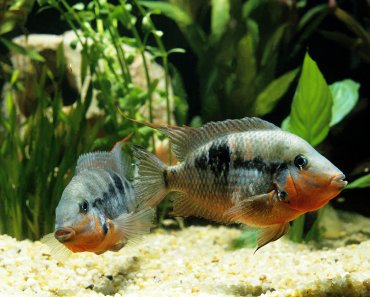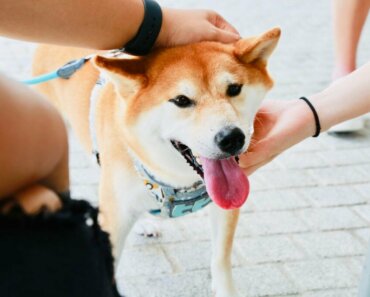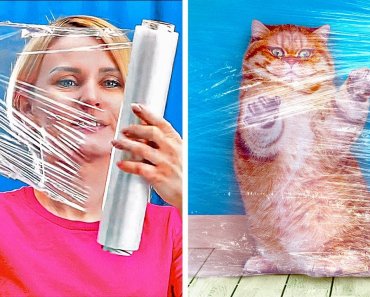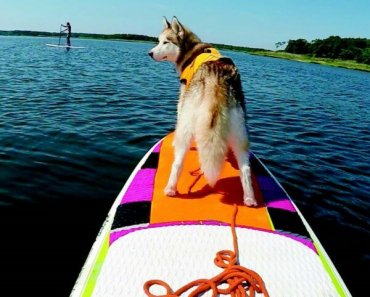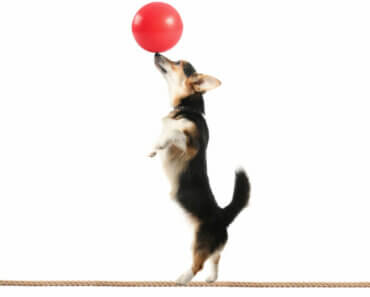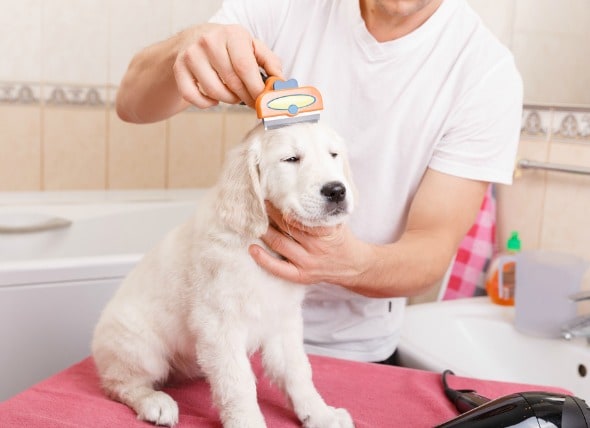
For original article click here

By Carol McCarthy
You love snuggling with your dog, especially when her coat is soft and clean. But what do you do if your pup is starting to look a lot more like a Tramp and not at all like a Lady and you can’t get her to the groomer? Try grooming your dog at home with these DIY tips and advice from the pros.
Getting Started and the Benefits of Grooming
Though many pet parents successfully groom their dogs at home, it will take a bit of time and effort to get your dog comfortable with a routine of at-home grooming, which can help reduce shedding in addition to further deepening your relationship with your dog.
“Your dog trusts you completely with all the big decisions in her life. But, on the little things, she sure can have opinions, and those need to be addressed,” said Dr. Neil Marrinan of Old Lyme Veterinary Hospital in Old Lyme, CT. By that, he means developing a strong foundation of trust before attempting to groom your dog at home.
You dog must be able to count on the reliability of your behavior, which means practicing a home grooming ritual regularly and incrementally (getting her used to being touched in sensitive spots, for example) and offering positive rewards (treats and attention) as you go, Marrinan said. Stick to a predictable system that follows a series of steps, allowing you and your dog to reach a position of comfort and confidence. “90 percent of the work will be before, and away from, the actual 10 percent of grooming,” he said.
Remember, your dog will know if you are nervous, which will in turn make her nervous and can lead to her trying to escape or becoming aggressive, said Carol Benesch, owner of Norwichtown Pet Resort and Spa in Norwich, CT. If your dog is uncomfortable with being brushed, don’t force her and try again another time. You may also want to check with a veterinarian to make sure you’re using the appropriate tool for her coat.
How to Brush and Bathe Your Dog
To begin, try brushing your dog a few times a week for a few minutes at a time to create a routine, said Ray Truting, a master groomer with the Connecticut Veterinary Center in West Hartford, CT. In fact, Truting believes that regular brushing alone can accomplish a great deal in the way of good grooming.
“Brushing is the key to keeping [a dog] clean. I don’t recommend a lot of bathing,” he said. “If you are going to bathe your dog, brush first to get the heavy dirt out.” Putting your dog in a bath before brushing just makes for dirty bath water and an even dirtier dog, Truting said.
Truting prefers to use a slick, metal pin brush (especially for dogs with longer hair), which goes through hair easily and pulls out a good deal of dirt, grass and burrs. A shedding blade works well on shorthaired dogs (such as Labradors), getting much of the fine hair off quickly. The important thing, he notes, is to get your dog accustomed to regular brushing and to brush her while she is standing, as the groomer will, rather than lying down.
When bathing your dog, use a higher-quality shampoo, as inexpensive versions can have harsh ingredients, said Linda Easton, head of International Professional Groomers, Inc. She also recommends diluting the shampoo so it is easier to rinse out completely.
How to Cut a Dog’s Hair
Now that your dog is washed and brushed, maybe you want to try giving her a trim. If so, be very careful with the scissors, Easton said, and be sure to use the right equipment. Easton recommends using professional shears or clippers (and suggests using a No. 10 clipping blade) and purchasing a grooming table that your dog can be secured to during her haircut.
Unlike people, who get haircuts with wet hair, always start with a dry, clean dog, Benesch said, and only use the tips of sharp shears to trim your dog’s feet, face and tail, which will prevent you from cutting your dog if she moves suddenly. When trimming her ears, “always have your other hand on the edges of the ears so you know where you are only cutting the hair,” Benesch said.
If your dog’s fur is matted, never try to cut it with scissors and use clippers instead.
How to Safely Shave a Dog
Again, start with a dry, clean dog and find a quiet spot free of distractions. Using a sharp blade, Benesch recommends starting around your dog’s neck and working your way down her body, keeping the blade flat against the skin. Be careful around thin skin, underarms, hocks (thigh and hip) and where the stifle (the joint above the hock in the hind leg) meets the belly. Do not allow these areas to enter the spaces on the blade. She recommends using a No. 10 blade for the face, underarms and private areas and suggests checking the blades often for heat, as they can burn the skin.
If you feel unsure about shaving your dog at home, consider leaving this step in the grooming process to the experts. “I wouldn’t recommend shaving unless trained by a doctor or a groomer,” Truting said.
How to Trim a Dog’s Nails
Truting also thinks nail trimming is best done by a pro, but some pet parents might feel confident enough to try. Before using clippers or a nail grinder on your dog, Benesch recommends getting your dog used to the noise of the tool then, if your dog has white nails, clip until you see the pink (the quick), and if your dog has black nails, clip a little at a time until you see a solid black dot on the tip. Always close the clippers quickly; clipping slowly and using dull clippers can cause chipping and splitting, she said, adding that if you decide to use a nail grinder, stop before you reach the quick. If you do clip the quick, use a styptic powder such as Kwik Stop to stanch bleeding.
Before doing any grooming, be sure you are prepared with the following tools:
- A comb, brush or shedding blade (depending on your dog’s coat)
- A grooming table with a grooming arm to secure your dog to (never leave her unattended on the table)
- Grooming clippers (a No. 10 blade to avoid cutting skin)
- Clipper and blade coolant
- Grooming shears
- Nail clippers or a grinder
- Styptic powder (for nail bleed)

